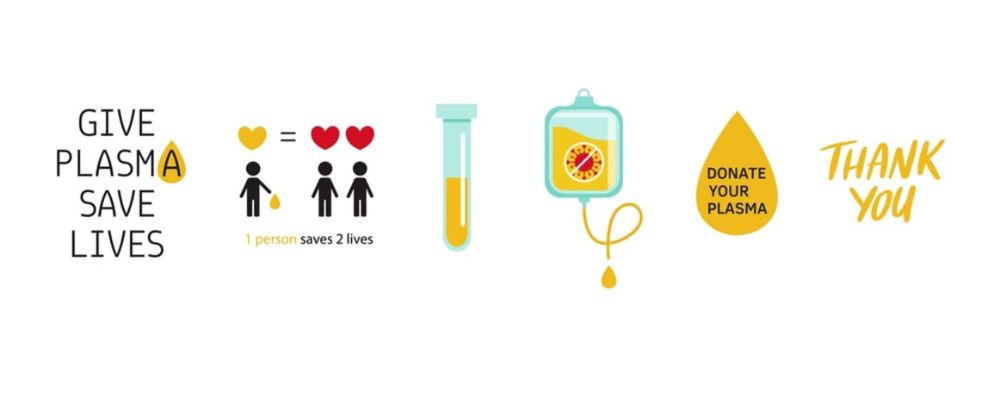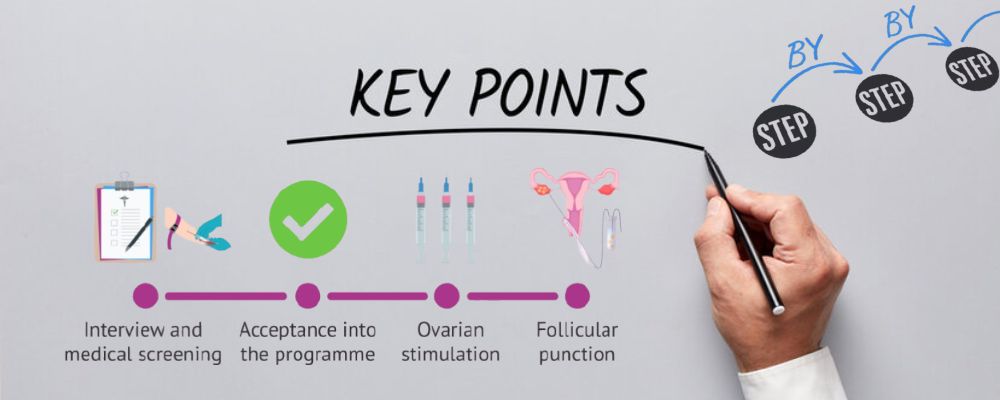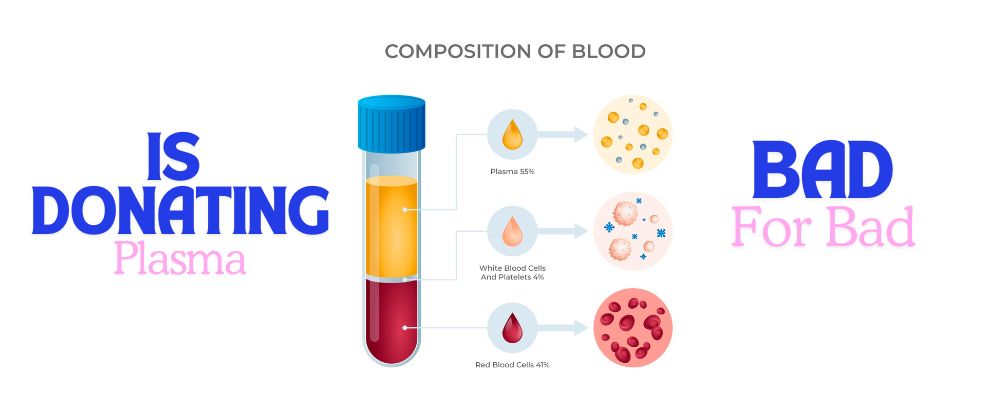Plasma donation is extracting plasma from the donor’s body from the liquid part of the blood. Many people often have this question: is donating plasma bad for you? We are going to answer this question in detail in this article. Plasma is very valuable because it contains essential proteins, antibodies, and clotting factors, which are important for treating various diseases.
Such as – alpha-1 antitrypsin deficiency, Kawasaki disease, severe burns, hemophilia, and other clotting disorders. In this process, blood is extracted from the donor, and plasma, red blood cells, and platelets are separated from the blood through a machine. This whole process takes about 1 to 2 hours.
Stay with us in this article, we will know whether donating plasma is harmful. is donating plasma bad for you long-term, and the main questions related to safety are, what precautions should donors take? and is it safe for everyone? Etc.
Key Points To Consider When Donating Plasma
- Short-Term Side Effect
- Long-Term Side Effects
- Who Should Avoid Donating Plasma?
Short-Term Side Effect
- Dizziness or lightheadedness is a feeling you get when your body lacks fluids. It usually happens when you don’t drink enough water.
- A short-term feeling of tiredness.
- Bruising can happen where you get the needle, but it usually gets better quickly.
Long-Term Side Effects
- Anemia – Anemia may occur due to a lack of red blood cells during plasma donation. However, this is very rare.
- Scarring – Repeated needle injections at one spot can cause scarring.
- Protein Level – Your blood protein levels may drop after Plasma transfer
- Dehydration – There may be dehydration in the body after donating plasma.
Who Should Avoid Donating Plasma?
People who have chronic diseases or certain diseases should avoid donating plasma. Such as –
- Heart Disease,
- Anemia,
- Blood or Clotting Problems,
- Pregnant Women,
- low iron levels
If you are a buyer looking for an opportunity to save big on your next plasma purchase, then nothing can be better for you than the CSL Plasma Promo Code. You can get incredible discounts and benefits through these Csl promo codes 2025.

Why You Shouldn’t Donate Plasma
Donating plasma can be safe and beneficial. But it’s not necessary for everyone. Here are some reasons Why You Shouldn’t Donate Plasma.
People suffering from chronic diseases such as heart disease, anemia, or blood clotting should avoid donating plasma.
Pregnant women or people who have recently recovered from surgery should avoid Plasma transfer.
If you donate plasma often, you should avoid it. Because frequent donation of plasma affects iron or hemoglobin levels. Which can cause fatigue or other health problems.
Benefits of Donating Plasma
Help save someone’s life
- Plasma transfer is an important and selfless act that has a significant impact on the lives of others.
- Plasma is used to treat serious illnesses. We have mentioned these at the beginning of this article.
Health Benefits
- Improves your health – Donating plasma greatly improves your blood flow. Which reduces the risk of heart disease.
- Mental satisfaction – Many donors feel proud knowing that they have saved someone’s life or made a big difference in their lives. This act full of kindness and compassion can improve your mental health.
Financial compensation
- There are many countries where plasma donors are paid for their time and this heroic effort.
- This can be the most important and motivating for those who want to contribute while supporting their financial situation.
Is Donating Plasma Bad For Your Kidneys
Donating plasma is not considered harmful to kidneys for healthy people. If you already have kidney problems, you can consult your family doctor before giving plasma. Because, if you have kidney problems and after that, you are Plasma contribution, then it can be harmful to your kidneys. Therefore, you should be careful on this subject
Is Donating Plasma Bad For Your Liver
No, Providing plasma is generally not considered harmful to the liver. Because plasma is mostly used to treat liver-related diseases. Plasma contains essential clotting factors, which can prove to be a panacea or Sanjeevani for liver-related diseases. Your body replenishes the lack of plasma within 24 hours. Before Plasma contribution, you have to go through a medical screening. This shows whether your liver is functioning normally or not and whether you can donate or not.
Is Donating Plasma Bad For Your Veins
Although Giving plasma is safe, if the process is not done safely, the donor’s veins may face risks during donation.
- Nerve injury – The needle used during blood extraction can injure your veins. Such as – numbness or pain in veins, etc. This problem can also last for a long time.
- Infection – If the place where the needle is inserted is not cleaned carefully with a disinfectant, then there is a risk of infection. Such as – swelling, pus, foul smell, or redness of the skin.
Is Donating Plasma Bad For Your Immune System
No, there is nothing like that, after Contributing plasma your immune system does not become weak, rather it boosts your immune system. Donating plasma stimulates your body to produce more cells. It makes your body stronger to fight infections and diseases.

Know The Plasma Donation Process Step By Step
Donating plasma is a very simple process. We have explained this process step by step below. Using this you can improve your experience.
- First of all, at the time of registration, donors donating plasma have to provide their medical history.
- Then they have to go through a complete health checkup process with tests like weight, blood pressure, and hemoglobin.
- After everything is cleared, blood is drawn through the veins of your arms.
- Then a machine separates the blood cells and plates from the rest of the components.
- Then the remaining components are returned to the donor’s body through the same needle.
- After the process is completed, the donor is asked to rest for a while and stay hydrated.
- A light snack is given for energy or refreshments.
- This whole process takes 1 to 2 hours.

